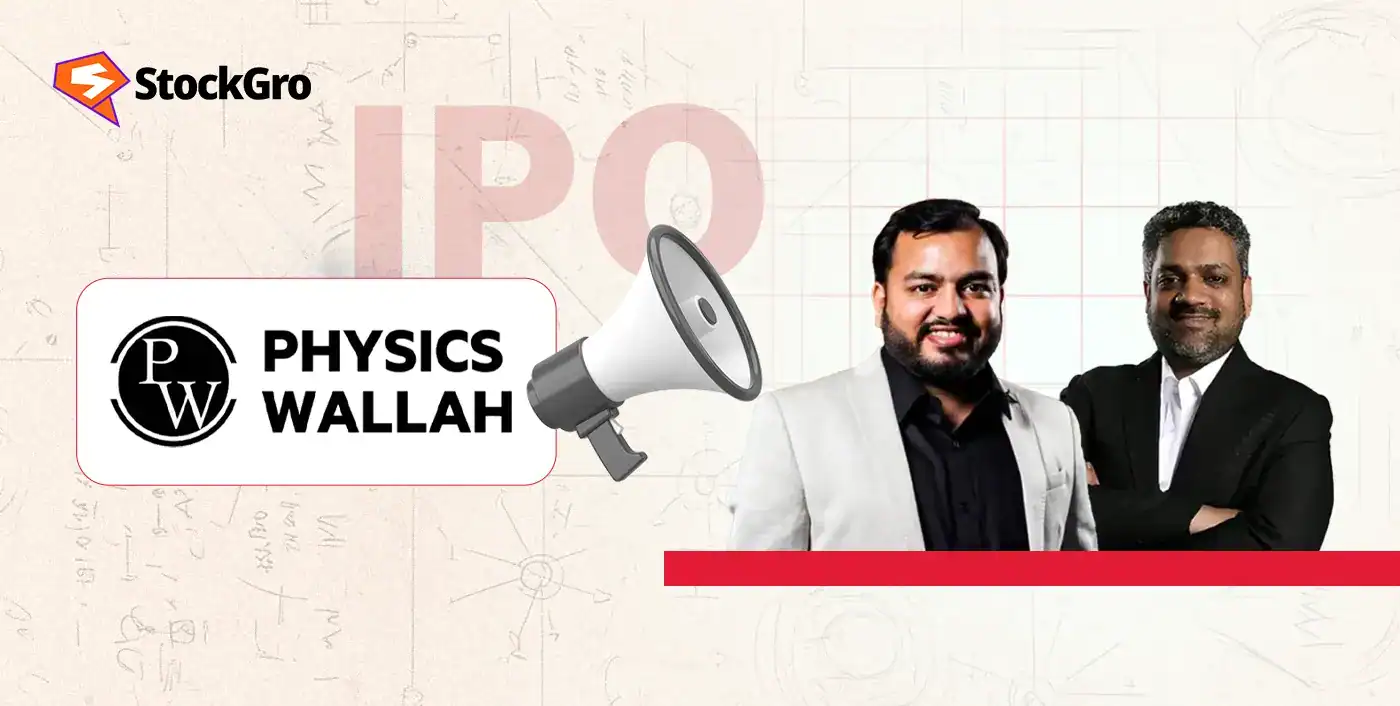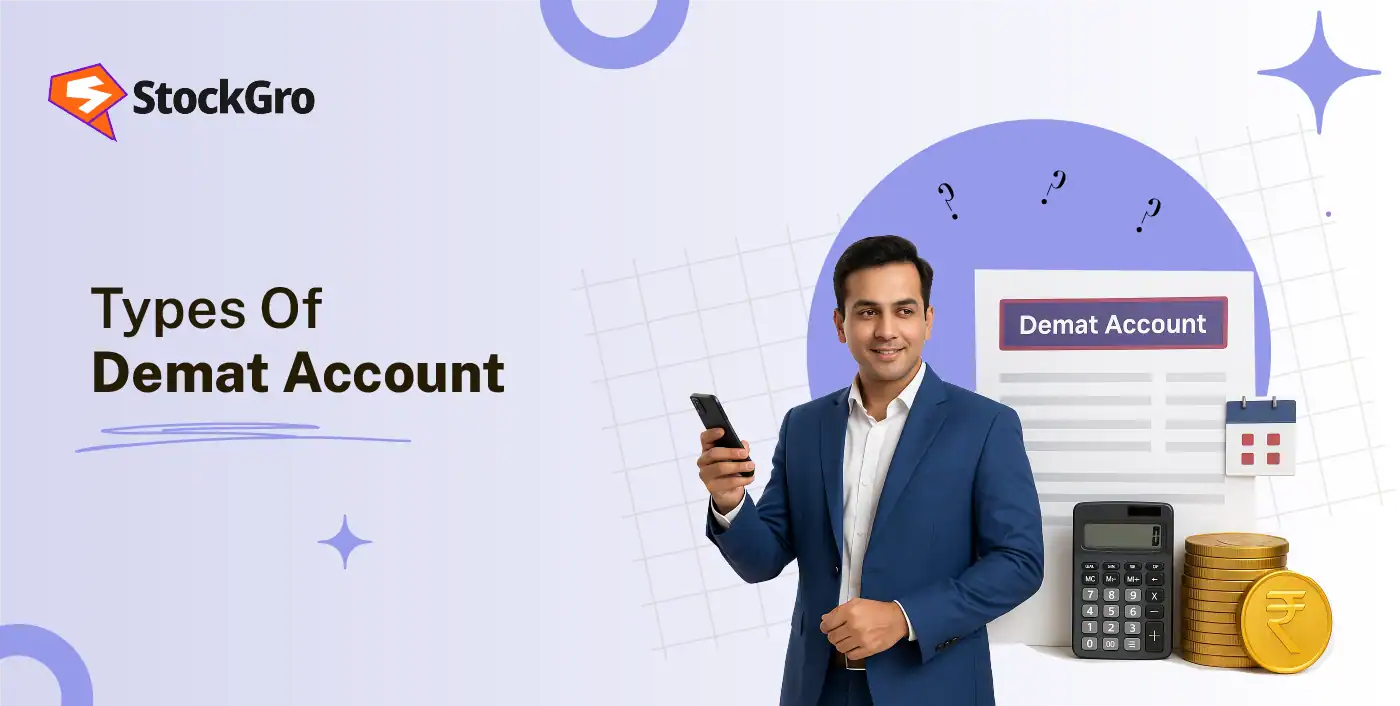
A Demat account often comes up in discussions about investing, but when it comes to mutual funds, it is not always a necessity. Investors can easily purchase and manage mutual funds without one, although having a Demat account may offer added convenience. Read on to know if a Demat account is required for mutual funds, along with its benefits and disadvantages.
Is Demat Mandatory for Mutual Funds?
For mutual fund investments, a Demat account is not mandatory in India. To buy mutual funds, investors can opt for traditional folio methods or invest through AMC websites, their bank’s app, or registrar portals, all of which don’t require a Demat account. Demat accounts are only necessary for Exchange Traded Funds (ETFs) and listed mutual funds bought on stock exchanges. Most people prefer the non-Demat route as it is simpler and often more cost-effective, with no annual charges or added setup. Ultimately, the choice remains with the investor.
What Is a Demat Account?
A Demat account, or dematerialised account, is an electronic account in which shares, bonds, mutual funds, and other securities are kept in digital format. Similar to a bank account, a Demat account securely holds your investments, making your transactions and monitoring easier and more efficient. Opening a Demat account is essential for trading on stock exchanges, as it replaces cumbersome paperwork and avoids risks of loss or theft that come with physical documents.
How Can You Invest Without a Demat Account?
Investing in mutual funds without a Demat account is quite straightforward, and in fact, this is the route most investors in India prefer. You don’t always need electronic storage for your investments, as there are several simple ways to get started.
- Through Asset Management Companies (AMCs): You can invest directly with a mutual fund house by visiting its official website. Many AMCs also have easy-to-use mobile apps that make the entire process quick and convenient.
- Via Registrars and Transfer Agents (RTAs): Registrars act as service providers for multiple mutual fund companies. They enable you to buy, track, and manage all your mutual funds in one place, without a Demat Account.
- Using Bank Portals and Apps: The Majority of banks in India facilitate mutual fund investments via internet banking and bank apps. This makes it easy and convenient to invest in mutual funds directly from a savings bank account using the bank’s portal or mobile app.
- Direct Offline Applications: Direct offline transactions at the AMC branch or through a financial adviser allow investors to make mutual fund investments in the traditional way, by filling out a physical application form.
When you invest through these options, your mutual fund units are linked to a unique folio number rather than a Demat account, which keeps things simple, affordable, and easy to track.
Benefits of Using a Demat Account
By using a Demat account, a person is provided with a lot of benefits, such as easy and efficient management of investments. Some of these benefits are as follows:
- Safe electronic storage: All shares and other securities are in digital form; thus, the risks of loss, theft, or damage due to the issuing of physical certificates are eliminated.
- Convenience and efficiency: Transactions like buying, selling, and managing the funds are simply done online, with shorter settlement cycles and automatic crediting of dividends, bonuses, and splits.
- Consolidated portfolio management: Just one Demat account can be used for following up and managing different securities like shares, bonds, ETFs, and mutual funds in one place.
- Reduced charges: The use of Demat accounts eliminates the charges relating to the paperwork, storage, and stamp duty, which are associated with the physical securities.
- Easy access and convenience: The users can check and take care of their portfolio from different devices, thus offering easy access at any time and place.
Disadvantages & Caveats
Demat accounts were designed to make your life easier, but it is important to be aware of their disadvantages and caveats before one is opened. They include the following biggest takeaways:
- Annual Maintenance Charges: Annual maintenance charges are levied regardless of the number of shares, which can be costly for investors who invest occasionally.
- Technology Requirement: Operating a Demat account requires some basic technological skills, which might make it difficult for those who are not comfortable with the digital platform.
- Overtrading Risk: The convenience of trading online might lead to the frequent trading of shares, which might hurt your long-term investment goals.
- Need for Alertness: Investors should regularly check their Demat account statements to spot any unusual activity early. It is also important to safeguard login details and report any suspicious transactions immediately to prevent potential fraud.
- Non-transparent Charges: Apart from regular fees, there could be additional charges for which you may not be fully aware.
- Inactive Account Penalties: Inactive accounts can also attract penalties or may require additional paperwork for reactivation.
Conclusion
A Demat account is not compulsory for mutual fund investments; however, it can be a beneficial account for those who like to have all their investments in one place. Many investors continue to use the folio method as it is more straightforward and less expensive. The final choice is up to the individual’s investing habits and how they wish to manage their equities.
FAQs
To transfer money from your savings account to your Demat account, you must link your bank account to your trading account. You can use net banking or UPI for instant fund transfers. NEFT, RTGS, or IMPS are also available for transferring funds.Always verify the information and complete the required authentication to ensure the money is transferred successfully.
A Demat account is an electronic account that holds your shares, bonds, mutual funds, and other securities in digital form rather than paper certificates. It is like a digital locker, which makes the process of buying, selling, and managing investments quicker and more secure, offering greater convenience to the user.
The holder of a Demat account can keep various types of securities. Such as equity shares, bonds, mutual fund units, government securities, Exchange Traded Funds (ETFs), and debentures. The electronic account enables easy and secure management of diverse financial assets in digital form.
A Demat account is generally safe as it stores securities electronically, which has less chance of being misplaced or stolen. Security measures include strong passwords, two-factor authentication, regular account monitoring, and alerts for transactions. Nevertheless, users should still be cautious towards phishing, hacking, and unauthorised access attempts.
No, you do not need a Demat account to invest in mutual funds. You can invest directly through asset management companies, banks, or online platforms without holding a Demat account. It is only mandatory for investments in exchange-traded funds (ETFs) or stocks.

